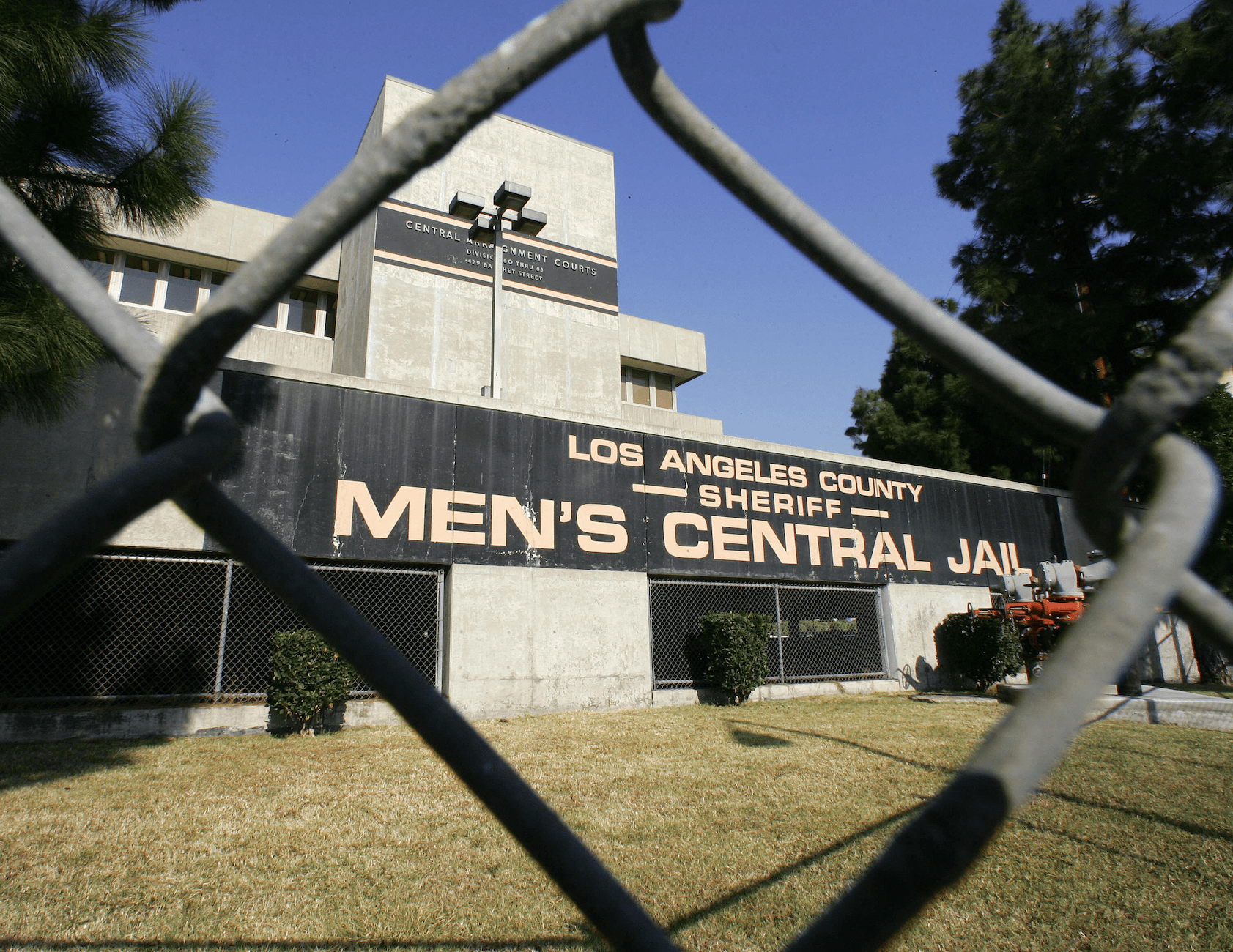California Makes Major Bail Change To Slow the Spread of Coronavirus In Jails
Bail will be set at $0 for most misdemeanors and low-level felony offenses.

The California Judicial Council on Monday issued a statewide emergency order setting bail at $0 for most misdemeanor and lower-level felony offenses. The sweeping measure is the state’s latest effort to empty its jails to curb the spread of the novel coronavirus.
During a remote meeting Monday afternoon, the council, which is mostly made up of judges, unanimously passed the new bail schedule. During the COVID-19 pandemic, Governor Gavin Newsom has given the council temporary power to suspend laws and to take dramatic measures to improve public safety.
Justice Marsha G. Slough said the reform would “balance public safety and public health.”
“The courts can assist by permitting more persons accused of misdemeanors and other lower-level offenses to be released from jail custody prior to arraignment, which in turn will reduce the immediate burden on the courts to conduct arraignments and preliminary examinations within compact timeframes,” the council’s order said.
Certain violent charges will remain at the current bail schedule. The statewide order will apply to those currently in jail awaiting trial and those facing charges going forward, and gives counties until April 13 to apply the new bail schedule to every accused person arrested and currently held in pretrial custody.
“This proposal provides that uniformity while still allowing for bail … for serious offenses,” Slough said.
Nikhil Ramnaney, president of the Los Angeles Public Defenders Union, told The Appeal that his group supports the council’s order.
“I think it’s what should occur during normal times,” he said. “We’re firmly against the kind of injustice that cash bail perpetrates on disinvested communities.”
He said the council could go further to make sure all jurisdictions understand the directive and are implementing it immediately. He said he has spoken to some sheriff’s deputies in Los Angeles who are interpreting “zero bail” to mean a defendant was not extended the possibility of release, so they continue to hold people in detention.
“There should be more attention being directed to solving: How do we make this actually effective?” he said. “Not just putting it on a piece of paper, but how do we get people to get relief under this new schedule?”
